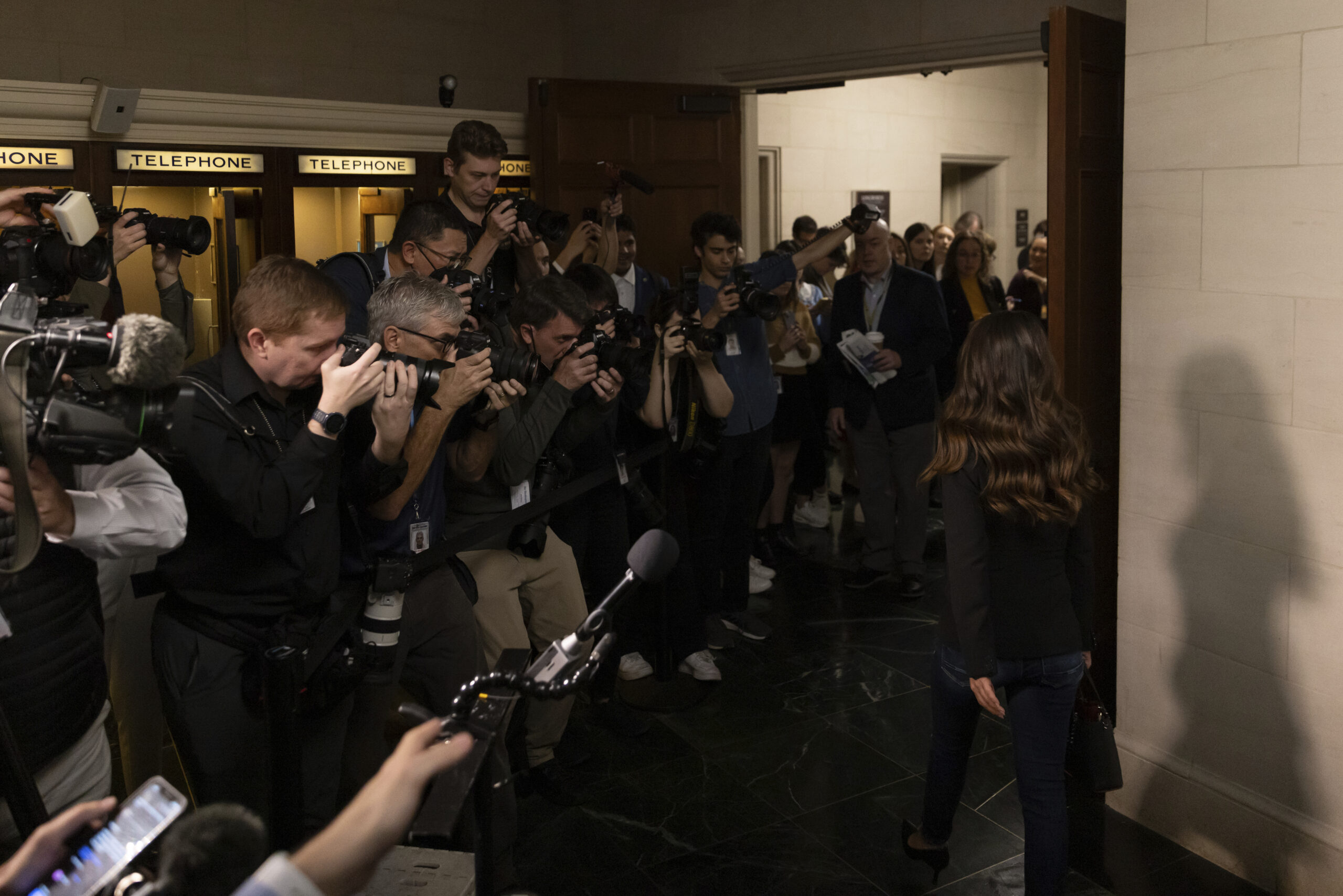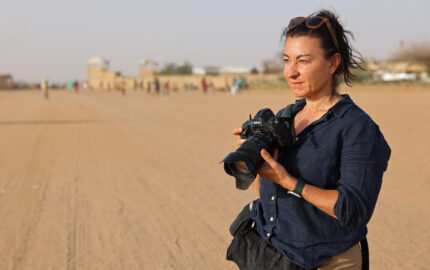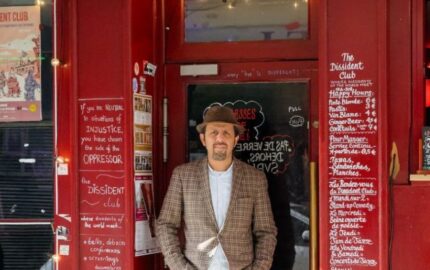You’re the politics reporter for a local newspaper and you find out the press conference you’re supposed to cover isn’t at City Hall. It’s in a remote rural community, where the politician has assembled a crowd of cheering fans and media outlets of his choosing. Your organization doesn’t have the resources to get you there and he knows this: He’s dodging your newspaper, and he’s dodging accountability.
This is just one of many tactics used by newsmakers to block the press. A new report called “Shut Out: Strategies for good journalism when sources dismiss the press,” authored by Fernanda Camarena, a longtime journalist and Poynter Institute faculty member, and Mel Grau, Poynter’s director of program management, collects anecdotes from reporters who are up against an increasingly evasive posture toward the media such as physically barring reporters from legislative chambers, stalling on or denying public records requests, and literally running away from reporters.
The report offers strategies for journalists to hold power to account despite these conditions, including building new source relationships, sharing resources with other newsrooms, and increasing transparency with their audiences so they understand that the news organization couldn’t get access and why.
With these approaches, reporters can reclaim some of the power that’s been lost in an increasingly hostile environment toward the media.
Camarena and Grau spoke to Nieman Reports about how to continue providing the public with the news it needs — and innovating, not retreating — in the face of obstacles. The conversation has been edited for length and clarity.
What is being “shut out” and what tactics do newsmakers use to do it?
Camarena: When we think about people not willing to speak with the media, immediately what comes to mind is the “no comment” or “not available.” But what I found incredibly fascinating is the [other] tactics that go into shutting down. The tactics of geography: Ron DeSantis has taken his press conferences outside of the circle of reporters that would probably hold him more accountable than other news organizations.
Grau: [Shut out] happens across the board: We're talking school boards, police departments, mayors, federal agencies. We're talking politicians, celebrities, sports people. With our resources shrinking, with [less] staff, not as much money to travel, not as many experienced beat reporters, the people we're covering are taking advantage of those weaknesses or even the lack of trust in media. [Politicians] are hosting their public meetings virtually so there's no Q&A session. They're hosting surprise public meetings that they don't tell anyone about.
Even people who've been in the business for 20 years are saying, “I've never experienced this level of silence [and] denial.”
What personal reporting experiences motivate you to work on these issues?
Camarena: I started as a local reporter [for Telemundo] in El Paso and the community there is 90% Spanish speaking. I was outside City Hall and I remember trying to get an interview with this [politician], and I knew that he spoke Spanish and he just wouldn't give me the answer in that language. Because he knew that I was going to question him. He literally ran, and I remember chasing him and saying, “You need to respond to our community.” The [politicians] understood that by not speaking the language they will not be held accountable.
[Later in my career], I was doing an interview with the State Department after many, many emails and many phone calls. Then you're there and the interview [is] cut short: You have 12 minutes. It's all these tactics where the power is imbalanced.
What are your options when you’re shut out?
Camarena: When someone shuts you out, we think that's the end of it. But I think if we change our perspective on how we take on that push back, and we make it part of the story, you actually end up with the story about the shut out. If you are not providing nuance into that shutdown, you're not holding [sources] accountable. Actually, you're giving them a free pass.
A lack of answer is … the beginning of [a story] that will take you to talk with more people, build on sources, [and] get in touch with your community by putting it out there.
Grau: If you're focused on access only, you're gonna hit a wall literally because all the doors are shut. [But] if you reframe that as, “How do I hold this person or that entity accountable?” — that opens up a couple other avenues. You can maybe get a little more creative in that way. In the report, we talk a lot about community sourcing or ground up sourcing. Spending a lot of resources and time rebuilding, and in some cases, building the relationships anew.
One of [Miami Herald reporter Mary Ellen Klas’] tactics when she wasn't able to make it to a press conference that popped up across the state [was] she would tweet [something] like, “Here are all the questions I would ask if I were there.” And she would tag the journalists who were there and [convey to] her audience, “These are the things that you deserve to know that now you don't get to know because this news conference is happening over here.”
How can newsrooms team up to get the access they need?
Grau: Joining a consortium to collectively sue for [public] records — people have done that. Maybe it's a travel budget that is shared and you send your political reporter to that event and they create a press pool. We also talked about covering the statehouse in New York: There's the gaggle right after the press conference that's not televised. So if you're recording it, you can send out the recording of the Q&A to the association members. Everyone might pick up a different story from that.
Camarena: The best journalism is done through collaboration. In this collectiveness, you pretty much quadrupled or doubled your source list. And you troubleshoot things; you share resources [for] lawsuits. People think that collaboration is sharing your numbers and your audience so that means you don't have enough. [But] you don't lose by serving your community to your best capacity.
How will the next generation of journalists fare when facing these issues?
Grau: Our goal with a lot of [Poynter] programs is to provide that layer of mentorship [for new journalists] that can address a lot of journalism fundamentals questions: Here's how you make that phone call. Here's how you structure a FOIA request.
[In these programs, we have] these projects that young journalists are creating are so transformative when it comes to building trust with audiences. We had a fellow whose family member was murdered and they created a guide for interviewing victims of violent crime [and] their families. It's not just about more experienced reporters mentoring young people. It's about creating a channel to learn from them.



